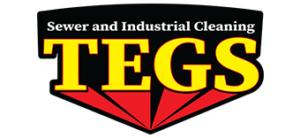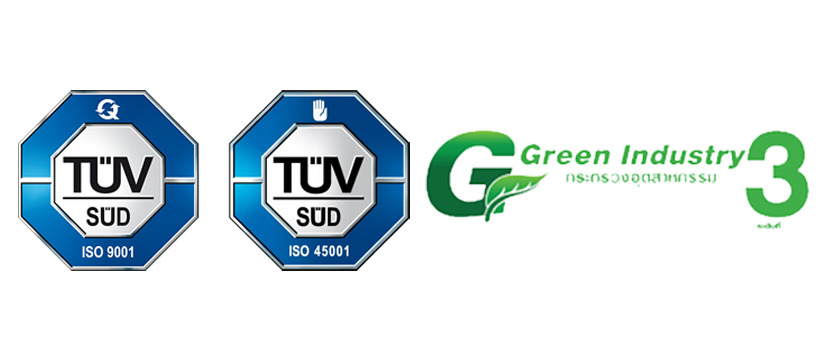Achieve Superb Cleanliness: Chemical Cleaning & Hydroblasting
Heat exchangers are a crucial component of various industrial processes, playing a vital role in transferring heat between fluids to maintain efficiency and safety. However, heat exchanger tubes can accumulate deposits and contaminants over time, leading to decreased performance and potential equipment failure.
To maintain the optimal operation of your heat exchanger, it is essential to keep the tubes clean through regular maintenance. This article will discuss two effective methods – chemical cleaning and hydroblasting – that can help you achieve this goal. Hiring industrial cleaning specialists and certified industrial cleaners ensures that your heat exchanger is always in top shape.
Chemical Cleaning
Chemical cleaning is a widely-used method for removing deposits and contaminants from heat exchanger tubes. This process involves circulating a chemical cleaning solution through the tubes to dissolve and loosen the accumulated debris.
Industrial cleaning specialists often use a combination of acids, solvents, and detergents to effectively break down various types of deposits.
Advantages of Chemical Cleaning
Chemical cleaning offers several benefits, including:
- Efficiency: Chemical cleaning can effectively remove even the most stubborn deposits, such as calcium carbonate, silica, and iron oxide, without causing damage to the tube material.
- Cost-effectiveness: The process requires minimal manpower and equipment, making it a cost-effective solution for maintaining heat exchanger tubes.
- Versatility: Chemical cleaning can be used on various types of heat exchangers, including shell and tube, plate, and air-cooled designs.
Limitations of Chemical Cleaning
Despite its advantages, chemical cleaning has some limitations:
- Environmental Concerns: The use of chemicals may pose environmental risks, such as the release of hazardous substances. Industrial cleaning specialists must follow proper disposal procedures to minimise these risks.
- Potential Damage: Some chemicals may cause corrosion or damage to heat exchanger materials if not used correctly or in the right concentration.
- Incomplete Cleaning: Chemical cleaning may not remove all types of deposits effectively, especially in cases of severe fouling or complex tube geometries.
Hydroblasting
Hydroblasting, also known as water jetting or high-pressure water cleaning, is another effective method for cleaning heat exchanger tubes. This process uses high-pressure water (up to 40,000 psi) to remove deposits and contaminants from the tube surfaces, with no chemicals involved.
A hydroblasting service typically involves using specialised equipment, including pumps, hoses, and nozzles, to direct the water flow and ensure effective cleaning.
Advantages of Hydroblasting
Hydroblasting offers several benefits, including:
- Environmentally friendly: As no chemicals are used, hydroblasting is an eco-friendly option, posing minimal environmental risks.
- Non-Destructive: The process is non-abrasive and non-destructive, ensuring the integrity of the tube material.
- Versatility: Hydroblasting can be used on various types of heat exchangers and tube materials, including steel, stainless steel, and copper alloys.
- Thorough Cleaning: The high-pressure water effectively removes even the most stubborn deposits and reaches areas that may be difficult to clean using chemical methods.
Limitations of Hydroblasting
Hydroblasting also has some limitations:
- High Upfront Costs: The process requires specialised equipment, which can be expensive to purchase or rent.
- Manpower Requirements: Hydroblasting typically requires trained and certified industrial cleaners to operate the equipment and ensure safe and effective cleaning.
- Potential Damage: Incorrect use of hydroblasting equipment, such as excessive pressure, can cause damage to the heat exchanger tubes.
Conclusion
Maintaining clean heat exchanger tubes is essential for optimal performance, efficiency, and equipment longevity. Both chemical cleaning and hydroblasting offer effective solutions for removing deposits and contaminants, with each method having its own advantages and limitations.
Companies should evaluate their specific needs and requirements to determine which method is best suited for their heat exchanger tube maintenance.
Are you in search of industrial cleaning services? Look no further, as our team at TEGS Thailand has got you covered. As experts in the field since 1992, we can effectively resolve all your industrial waste concerns. To find out more about what we offer, feel free to reach out to us or simply request a complimentary estimate!



